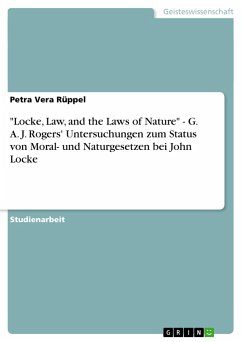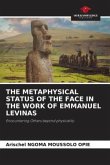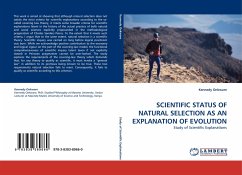Does nature have direct moral status? This question, usually put in terms of intrinsic value, is one of the most frequently addressed questions in environmental ethics. This book aims to shed new light on this question by framing it instead in terms of reasons for action, thus emphasizing its practical relevance and connecting it to decision-making at various levels. With the point of departure in the contemporary philosophical discussion about reasons, two kinds of reason for action are distinguished: direct reasons (reasons to act towards a thing for its own sake) and indirect reasons (reasons to act towards a thing for the sake of something else, e.g. human beings). It is argued that in addition to our numerous indirect reasons to care for nature, we (some, most, or even all of us) also have direct reasons for doing so. It is further argued that these reasons are practically relevant: they have genuine weight and should be taken into consideration in decision-making affecting nature. The book s main target audience is researchers and students in environmental ethics, but it may appeal to anyone interested in questions concerning our dealings with nature, or in ethics in general.
Bitte wählen Sie Ihr Anliegen aus.
Rechnungen
Retourenschein anfordern
Bestellstatus
Storno








